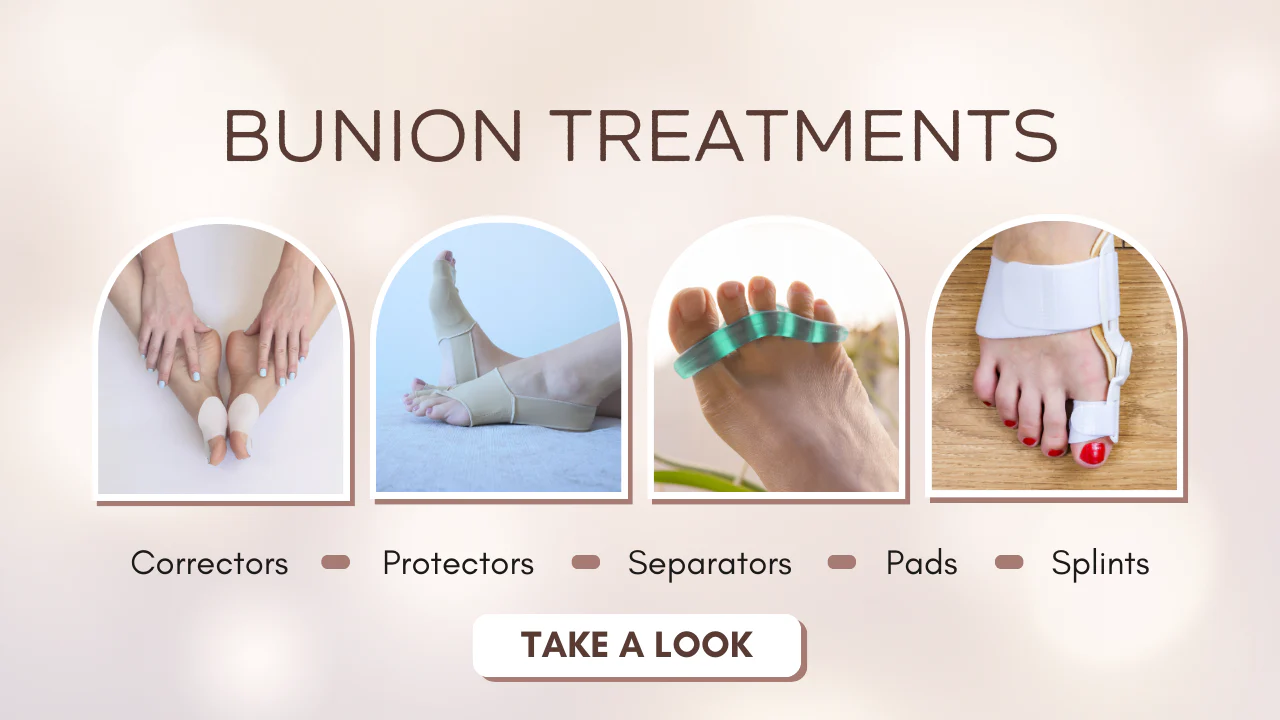A positive job outlook is one reason why nursing is a popular field. Many individuals want to become nurses to help others and contribute to the inpatient care industry. If you are thinking about becoming a nurse, you may want to know what the profession entails. Throughout this article, we explain what a nurse is, offer advice, and discuss some of the profession’s responsibilities.
Considering these factors can help you decide whether or not to become a nurse:
Table of Contents
Job outlook
According to the Bureau of Labor Statistics, the growth of nurses’ jobs is higher than average at 7%. Nursing is still one of the most in-demand professions at hospitals, private practice offices, hospices, and other facilities.
Growth Opportunities
There’s impeccable career growth in nursing. With an Associate of Science degree, you can become a registered nurse, or you may want to go one step further and earn your bachelor’s, master’s, or doctoral degree.
Career Choice
Nursing offers various choices in professional paths. You can establish a career path based on your interests and goals. Whether you want to get into administration, travel more, invest your skills in caring for patients, or stay on the technical side, the options are endless. However, you may want to decide at the start of your career to ensure a smooth journey. To learn more about which degree to choose at the beginning of your career, you can look into the nurse administrator vs nurse practitioner differences.
Education
As you earn more degrees in nursing, you qualify for more positions. To become a nurse, you have to pass the National Council Licensure Examination (NCLEX-RN) regardless of your degree.
Many nurses must also complete continuing education every three years, including pain management, controlled substances, and biohazards.
Competition
There’s a lot of competition in nursing, even though it generally has a positive outlook. It may require you to start elsewhere or at another facility to gain the necessary experience for your next step. Some hospitals are only able to accept new graduates. Admission may be competitive, and there may be several criteria.
Available career paths
Nursing offers a wide range of opportunities and allows you to select a career path that matches your interests. Nurses are also likely to begin training in one career path and then switch if their interests change or they want a more diverse work history. You may be interested in the following nursing professions:
- School nurse
- Hospice nurse
- Education
- Nursing leadership
- Private practice
- Telehealth
- Hospital nurse
- Pediatrics
- General surgery
- Labor and delivery nurse
- Nurse practitioner
Responsibilities
As a nurse, you will be responsible for a lot. As nurses must also coordinate care with other healthcare providers, conduct physical examinations, dress wounds, administer labs, administer medications, take a history from patients, and act quickly and confidently, they must also recognize patient issues early on.
Patient expectations
The nursing staff is naturally expected to meet certain expectations from patients. As a nurse, you should be patient and compassionate with your patients and their demands. It is paramount for them to feel comfortable and receive better care. They will want to feel better as soon and as safely as possible, and they will want to know they can trust you and that you are acting in their best interests. When a patient is under your care, they will expect you to listen to their symptoms and how they feel and to advocate for them.
Work schedule
Nurses’ work schedules can vary greatly. Many nursing positions have the same standard hours from 8 a.m. till 5 p.m. This is especially true if a doctor employs them at a private practice. The majority of nurses working in hospitals or surgery centers work 12-hour shifts. There are usually 12-hour shifts during the day or overnight shifts, but mid-shift schedules are also available. Most of these positions require 36 hours of work per week.
When you are a new nurse, you may have more opportunities to take on overnight shifts if most nurses prefer to work day shifts at the organization. Consider whether you’d be open to working long hours and what schedule you would be able to handle.
Work environment
The work environment of a nurse can take many forms. It’s a positive experience when you can change people’s lives, diagnose serious illnesses, and form relationships with those you help. To decide if this is the right career for you, you should also be aware of some other aspects of your work environment.
Nurses have a lot of responsibilities and must coordinate the care of several patients. It makes their job demanding and stressful. Their responsibilities extend beyond patient care. To name a few, they are responsible for keeping their workspace clean and providing reports to their colleagues during shift changes. Seeing the suffering of patients can also take an emotional toll on a nurse in a professional setting.
Relevant experience
You may need more relevant experience for nursing positions than you do for most entry-level jobs. Before starting on this career path, you should be aware of the type of experience you will need.
To work in a surgical unit, you may need experience in the emergency department. If you do not wish to work with emergency cases, you can change your career path to one suitable for your needs.
Conclusion
A nurse’s job involves being busy during shifts, standing for long periods, and finding themselves in stressful situations. While it can be strenuous, the career has many benefits. Besides being wholesome and soul-enriching, it can be lucrative. Moreover, nurses can take different career paths depending on goals and degree choices. No matter the work environment or work schedule, the job is sure to keep you on your toes–in a good way!









